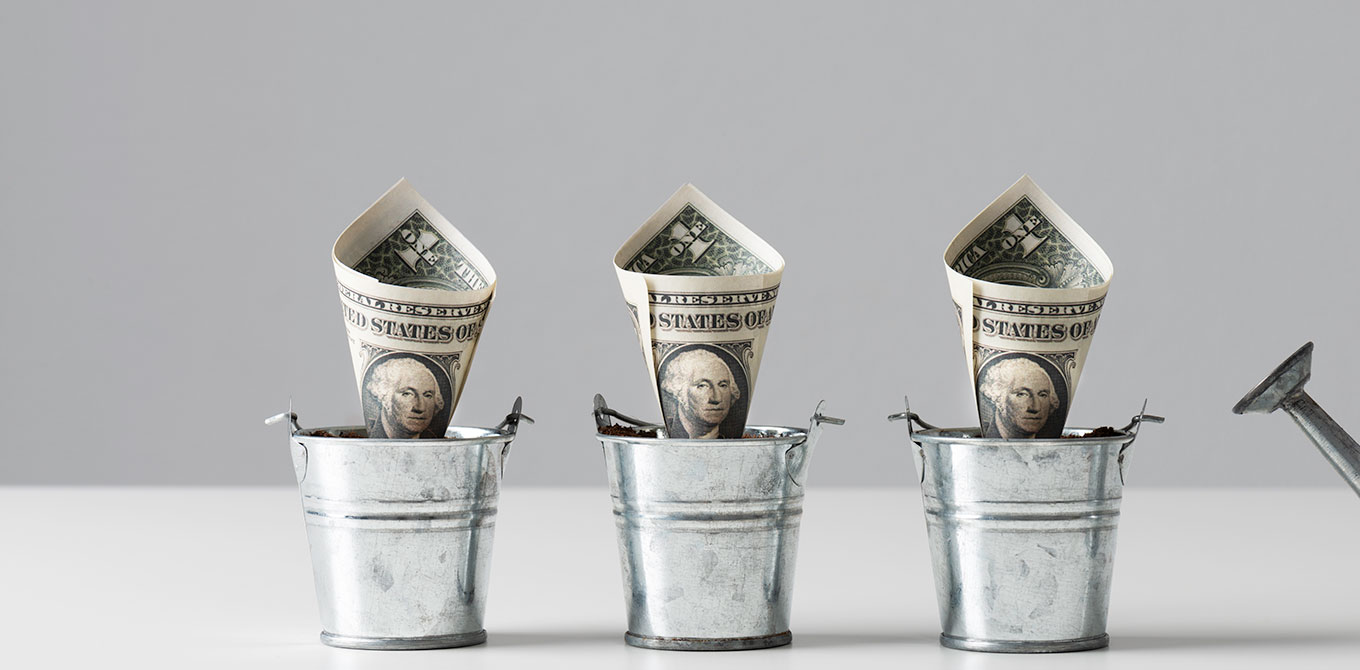How to spend wisely: when to splurge and when to save
For thrifty people who love a deal, it can be tempting to take the most inexpensive route—every time. But the cheapest option doesn't always save you money down the road. Sometimes, it can end up costing you more. Take "fast fashion," which is dominated by retailers that aim to sell a high volume of clothes by capitalizing on short-lived trends at low prices (and low quality). They keep prices down by using low-quality materials and overseas labor. So, while you may be saving now by buying cheaper clothes, your new wardrobe will likely wear out quickly—and you'll end up shelling out more money for more clothes more often.
Want to avoid spending regret and feel confident in your spending choices? Look at the tips below for when it makes sense to splurge or when it's wiser to choose the lower-cost option.
When to Splurge and When to Save
How do you decide whether to splurge or hold back and save? After all, saving may not always be the most fun choice, but it can often be the wiser choice. Other times, however, choosing a low-cost option may save money now but will cost you more money in the long run. When weighing your options, keep in mind that quality and usefulness matter. Here are some examples of when to splurge and when to save.
3 Times to Splurge
- Quality clothing. Only splurge on clothing when it's a high-quality, timeless* piece that will stand the test of time—and fashion. Some brands even come with a lifetime warranty and replacement guarantees. *Don't buy expensive clothes or shoes if they're trendy and likely to go out of style.
- Appliances. Consider quality and durability when it comes to your appliances. Saving a couple hundred dollars now might feel great but paying the same amount or more for repairs (or even replacing the appliance too soon) won't. Tip: If you can, wait for holiday sales; Fourth of July, Labor Day, and Memorial Day typically offer worthwhile discounts.
- Healthier food options. If you can, splurge on grocery items like organic dairy and quality meats. If you see a prime cut of meat on sale (say grass-fed beef), stock up and freeze the extra. A common misconception is that a healthy diet costs more money. Now, this isn't always true in the grocery aisle, and it's definitely not true when you consider the long-term cost to your health. According to WebMD, a healthy diet can save on health care costs related to heart disease, stroke, type 2 diabetes and related illnesses.
3 Times to Save
- Tech gadgets. Skip the first-generation technology. Be a "fast-follower" and choose a slightly older model without the latest bells and whistles. It'll likely still get the job done, just without the latest high-quality camera, and you won't have to deal with potential glitches and kinks in the newest model.
- Items that wear out quickly, no matter the brand. Things that typically have a shorter useful lifespan aren't worth the extra money to buy expensive brands. This will depend on your habits. For some people, cheaper shoes will do the trick just as well as pricy brands. Or, perhaps, it's men's undershirts that get replaced yearly and don't see the light of day anyway.
- Consumables. If you consume something quickly and buy it often, consider whether you can live with a lower-cost option from a generic brand rather than name brand. Think paper towels, hand soap, and napkins.
Of course, everyone has their preferences. The key is to spend mindfully. If you decide to splurge rather than save, just make sure you have a reason. Depending on your lifestyle and finances, for instance, convenience alone can be justifiable.
Sale Shopping Do's and Don'ts
Sales are another contender for spending money unwisely—especially doorbuster sales, like those you see on Black Friday. Too often, FOMO (fear of missing out) leads to sale hysteria and impulse buying. When you feel like you're getting the deal of a lifetime, you may be tempted to purchase things you normally wouldn't. Read the Do's and Don'ts below for those sneaky “saving" opportunities we see during sales.
Grocery Store Sales
- DO stock up if you often use the items while cooking.
- DON'T be tempted to stock up on items you've never tried before just because it's BOGO (buy one, get one), especially if it's likely most people in your family won't eat it.
Retail Sales
- DO buy shoes or clothing items that you've had your eye on for a while.
- DON'T buy clothing that doesn't fit just because it's a great deal.
Online Sales
- DON'T impulse buy.
- DO verify that you're getting a deal. It's too easy for online retailers to falsely mark up the price, then slash through it and offer a lower price in tempting red font. Before you click “add to cart," research the product to ensure you're truly getting a good price.
Ultimately, spending and splurging is about balance. Wise money management is knowing that for some items quality and usefulness justify splurging, while others provide opportunities to save on your budget and to protect you from impulse buys.




